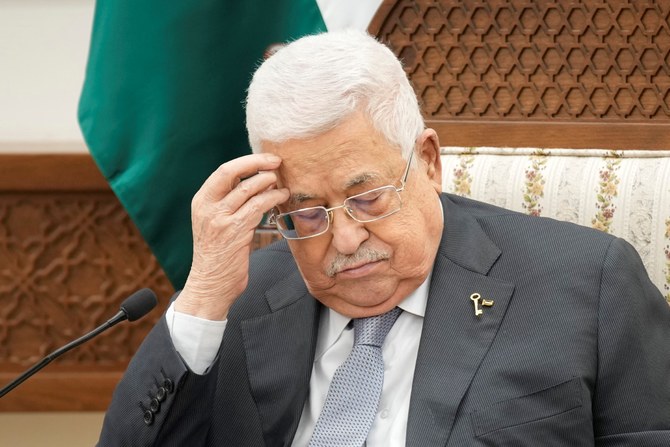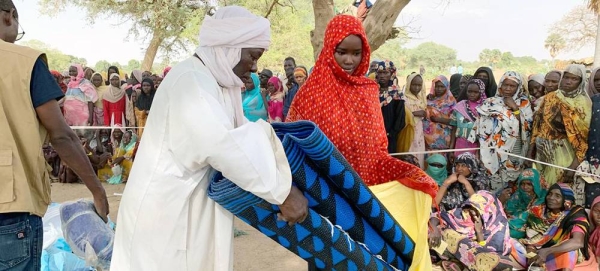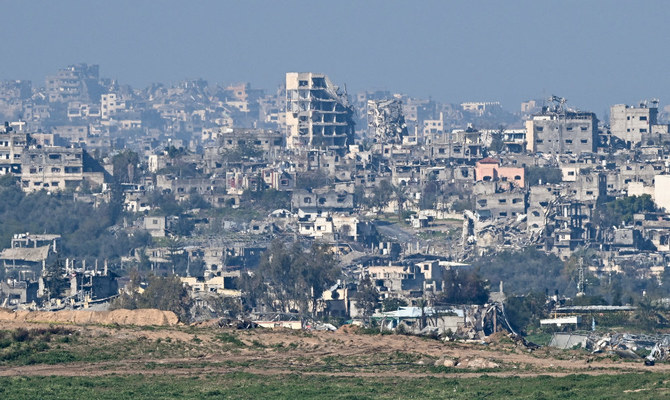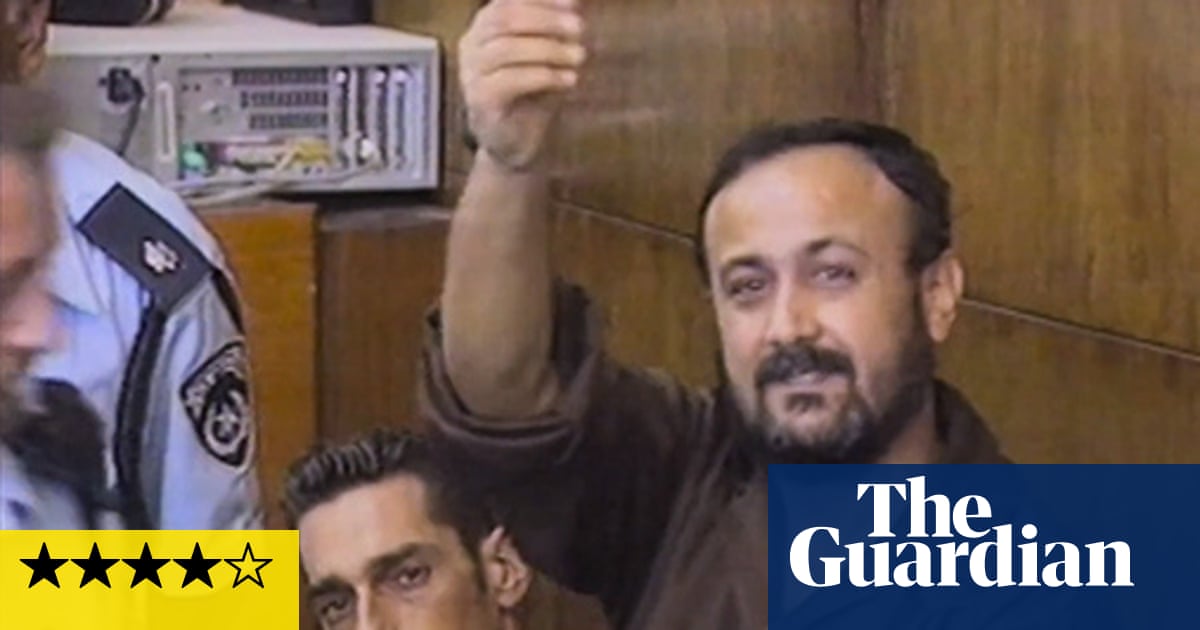
If anyone thought the decision by the Palestinian president, Mahmoud Abbas, to appoint a technocratic government would be greeted with universal approval by political factions in Palestine, their disappointment quickly became clear.
The leadership of Hamas responded by criticizing the appointment of Mohammed Mustafa as new prime minister last week and condemned “superficial and empty steps such as forming a new government without national consensus (which) only reinforces a policy of unilateralism and deepens division.”
This was just one more piece of evidence, among many, of the excruciatingly difficult task of bringing unity to the Palestinian political system. The attempts to do so stretch back long before Hamas first won a parliamentary election in 2006. This disunity has compromised the aspirations of the Palestinian people for self-determination and plays into the hands of those in Israel who oppose a two-state solution.
The Palestinian political system was in disarray long before the events of Oct. 7, 2023, and since then it has worsened, in many ways. The physical and perceptual divisions between the West Bank and Gaza, and between Fatah and Hamas, have weakened the Palestinian cause internationally and led to an almost complete loss of trust among the Palestinian people in their own leadership.
Moreover, concentrating on the West Bank-Gaza divide tends to distract from the fact that there are also millions of Palestinians who live in forced exile outside of the occupied territories. They are represented by the Palestine Liberation Organization, as are all Palestinians, whose institutions are in need of long-overdue elections and who have no say over who governs their daily lives.
Since the PLO is the legitimate group for negotiating peace with Israel, genuine representation of the Palestinian population as a whole must therefore go beyond those in charge of the West Bank and Gaza. And that is before we even consider the fact that Gaza is suffering the effects of a major democratic deficit, considering the most recent elections there took place in 2006.
For too long, the dysfunctional nature of Palestinian government bodies has served the interests of those on both sides who oppose peace
It is a tragic irony that the war in Gaza, with all the death and devastation it has caused, might, and only might, turn out to be the catalyst that finally unites the governing bodies of the West Bank and Gaza, although this might not necessarily result in a unity government.
There is a growing consensus among the international community — but more importantly among the Palestinian people, and which is gradually filtering through to the political elite within the Palestinian Authority and Fatah — on the urgent need to reform political institutions, eradicate corruption, get the economy going and, above all, unite the nation.
Until these goals are achieved, the ultimate objective of ending the Israeli occupation is rendered impossible.
The appointment of Mustafa as prime minister could be a positive interim development. He is a highly respected economist who previously chaired the board of the Palestine Investment Fund and held senior positions with the World Bank Group. But most importantly, he presided over the reconstruction of Gaza after the 2014 war in the territory, and is not closely affiliated with any political movement.
Nevertheless, interim measures must not turn out to be permanent ones, or just another ploy to avoid reforms of the Palestinian Authority and the PLO, to indefinitely postpone elections, or to avoid initiating an inclusive national conversation on the character of a future Palestinian state.
The challenges that lie ahead in terms of rebuilding Gaza are immense; not only the brick and mortar but the very spirit and mental health of the millions of people who have suffered the most horrendous collective trauma.
The situation in the West Bank should not be neglected, either. The situation there might be less extreme but only in comparison with Gaza.
Reforms of institutions and the election of a leadership to represent the entirety of the Palestinian people and rejuvenate the political system is the only way to restore the domestic and international legitimacy of the political leadership and its processes, and to reestablish it as a credible negotiator for peace that is capable of implementing and sustaining agreements despite the painful, though necessary, concessions they will entail.
For too long, the dysfunctional nature of Palestinian government bodies has served the interests of those on both sides who oppose peace. It has given Israel an excuse, as tenuous and damaging as it has been, to advance its claim that a Palestinian partner for peace does not exist, to expand its settlements and tighten its control on the West Bank on the path to annexation, while imposing its harsh blockade on Gaza with the current, catastrophic consequences.
Regaining the trust of its own people is a major challenge for the Palestinian Authority and its leadership. A survey by the Ramallah-based research institution AWRAD revealed a deep sense of distrust in the authority, with less than 12 percent of Palestinians holding any kind of positive view of their leaders, compared with more than 85 percent who held a negative view.
Similarly, an opinion poll this month carried out by Palestinian Center for Policy and Survey Research unsurprisingly revealed a general sense of pessimism among Palestinians, who trust neither Hamas nor Fatah. This suggests there is space for a third political force, led by individuals who are not tainted by past failures, history of corruption and a record of being unable to provide security, economic development or any political horizon for their people.
Without in any way vindicating Israel’s oppressive policies on the Palestinian issue, it must be said that the latest, particularly brutal version of armed resistance carried out by Hamas has brought only disaster to its people, a catastrophe that will take years, if not decades, to rectify.
The Palestinian Authority, and Fatah, which controls it, has long relied on an illusory sense of status quo based on security cooperation with Israel. This led to accusations of it being a subcontractor for Israeli security rather than a driving force for the security of the Palestinian people, let alone their self-determination, while clinging to a system of patronage that served only a very few and not the many.
Any new Palestinian leadership will face great challenges compared with which the problems faced prior to Oct. 7 pale in comparison.
A failure to address the mammoth tasks of reforming their institutions, reuniting the West Bank and Gaza under a unitary governing body, and holding fair and free elections that usher in a new generation of leaders untainted by the actions of the past, has contributed to the tragic situation the Palestinians are now in.
The most immediate task is to end the war, following a ceasefire agreement in which all hostages are released and humanitarian aid is delivered en masse to Gaza. This will be followed by the start of the process for the reconstruction and rehabilitation of the Gaza Strip.
None of this will happen unless the there is a courageous attempt — supported by the international community, and at the very least not hampered by Israel — to build a new social contract between the Palestinian leadership and its people, one that has learned from past mistakes, is transparent and inclusive of all factions, and which can offer a coherent agenda for peace with Israel based on a two-state solution.
Yossi Mekelberg is a professor of international relations and an associate fellow of the Middle East and North Africa Program at international affairs think tank Chatham House. X: @YMekelberg












